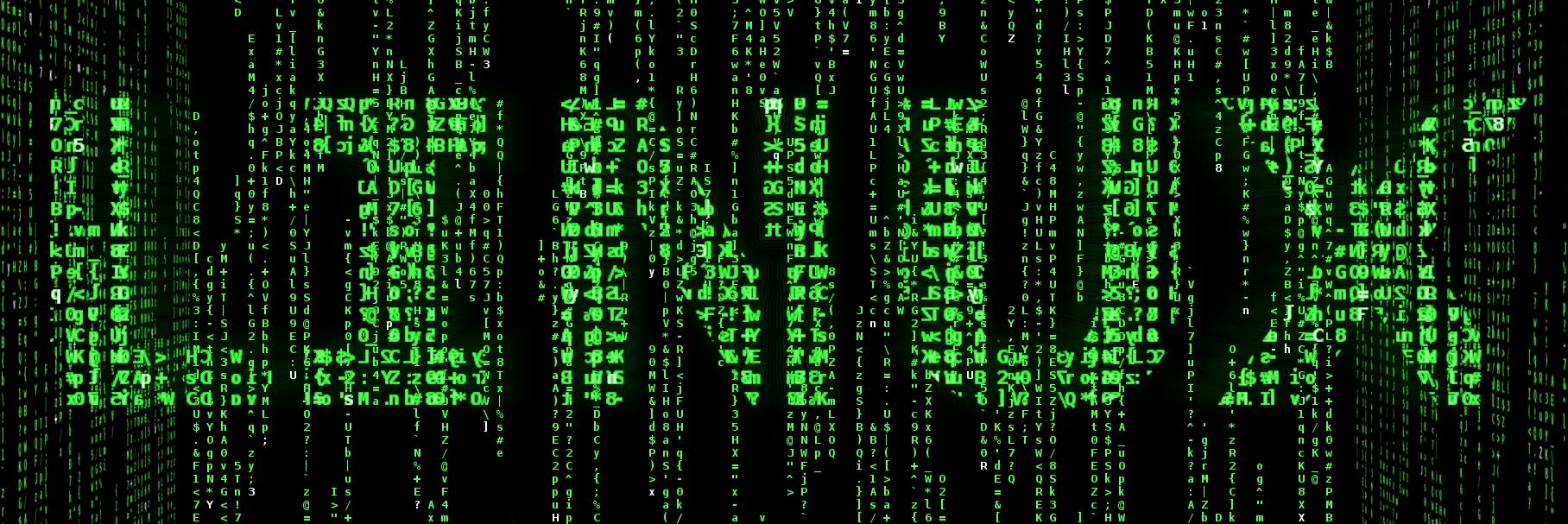
Saving Another Computer with Linux: Updated
Last Updated on November 22, 2023 by David Both
Last week a friend from church asked me if I could help her with an Acer Aspire 5 (A515-56 ) laptop which was causing problems. It would shut down completely after just a few minutes whether on battery or wall power. She thought it was the battery because it would only last a few minutes.
I told her that I don’t do Windows but that I would be happy to replace the battery for her and take a quick look at her other problems. I also discussed Linux with her for a bit but she seemed disinterested, saying, “I just need to get my computer back as soon as possible.”
She gave me the computer and I brought it home for testing in my lab. I did find that it would barely stay on for more than a minute or two and determined that the battery was the most likely cause.
Fortunately I was able to get a battery delivered to my front porch overnight and by 7AM Monday morning I had replaced the battery and was testing. The first thing I noticed was that the keyboard was very hot – almost too hot to touch. I checked the CPU heat pipe which was extraordinarily hot. So much so that even with the fan running it gave me a still painful 1st degree burn. Even after doing an alleged poweroff it was still super-hot. This included the CPU heat pipe, the memory DIMM, and the 500GB SSD.
Problem determination
I disconnected the battery and the external power supply as I still had the bottom cover only loosely in place, and used some cooling spray to cool down the components. That isn’t always the best idea but I wanted to try a couple things quickly for additional problem determination. I plugged the battery back in.
This is where it gets a bit strange. I had powered off – I thought. But the system started getting hot again almost immediately. The system should not be trying to start itself after both power supply and battery had been disconnected and then the battery reconnected. One of the strange things I noticed was that the SSD began heating rapidly and the system was not even powered on. I couldn’t get it to power on at all. Well, except for the fact that all the major components seemed to be sucking current from the battery.
Most computers have temperature sensors and the UEFI/BIOS shuts down the computer when things overheat. It appeared that this is what was happening – yet the heat continued to build. My next step was to remove the SSD and cool the components after which I tried to boot. Yes – it booted but, of course, indicated per my expectations that there was not a bootable device installed. So the issue existed on the SDD.
My next step was to boot to a Fedora 38 Live USB drive with the SSD still out of the system. This worked quite nicely. So I powered off, reinstalled the SSD, and booted once again to the live USB drive. This also worked, the system booted to the live Xfce desktop and ran just fine with a normal level of heat.
The Solution
After consulting with the laptop’s owner we decided that I would save the data from the SSD and install Linux. She was already using LibreOffice so some of the open source concepts were not new to her. I managed to save most of her data, and probably all of it. Fedora 38 Xfce installed easily and I installed a few additional tools like LibreOffice for her. She is still learning about her new operating system and other software but is happy to have made the switch.
Conclusions
Yes, the old battery was dead. I determined that during the initial testing when I pulled the power connector out of the computer. The new battery lasted for a bit longer but with a significant power drain. Booting to the live USB device worked just fine with and without the SSD installed.
The only possible conclusion is that some esoteric collection of Windows malware was causing the uncontrollable heating and draining the battery. I have no idea exactly what that might have been but the same SSD works fine with Linux replacing Windows on the laptop.
Update
I did find an explanation for this and added a new post with a link to the full explanation.